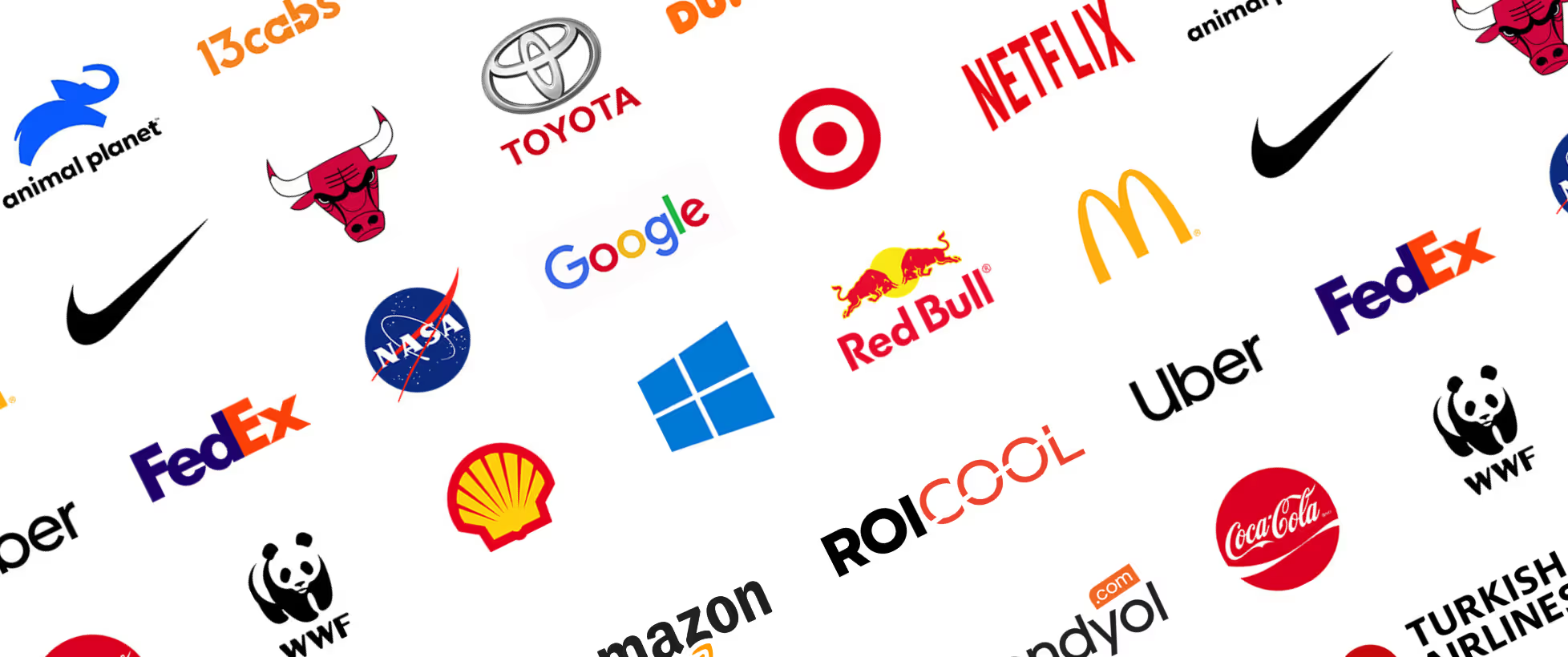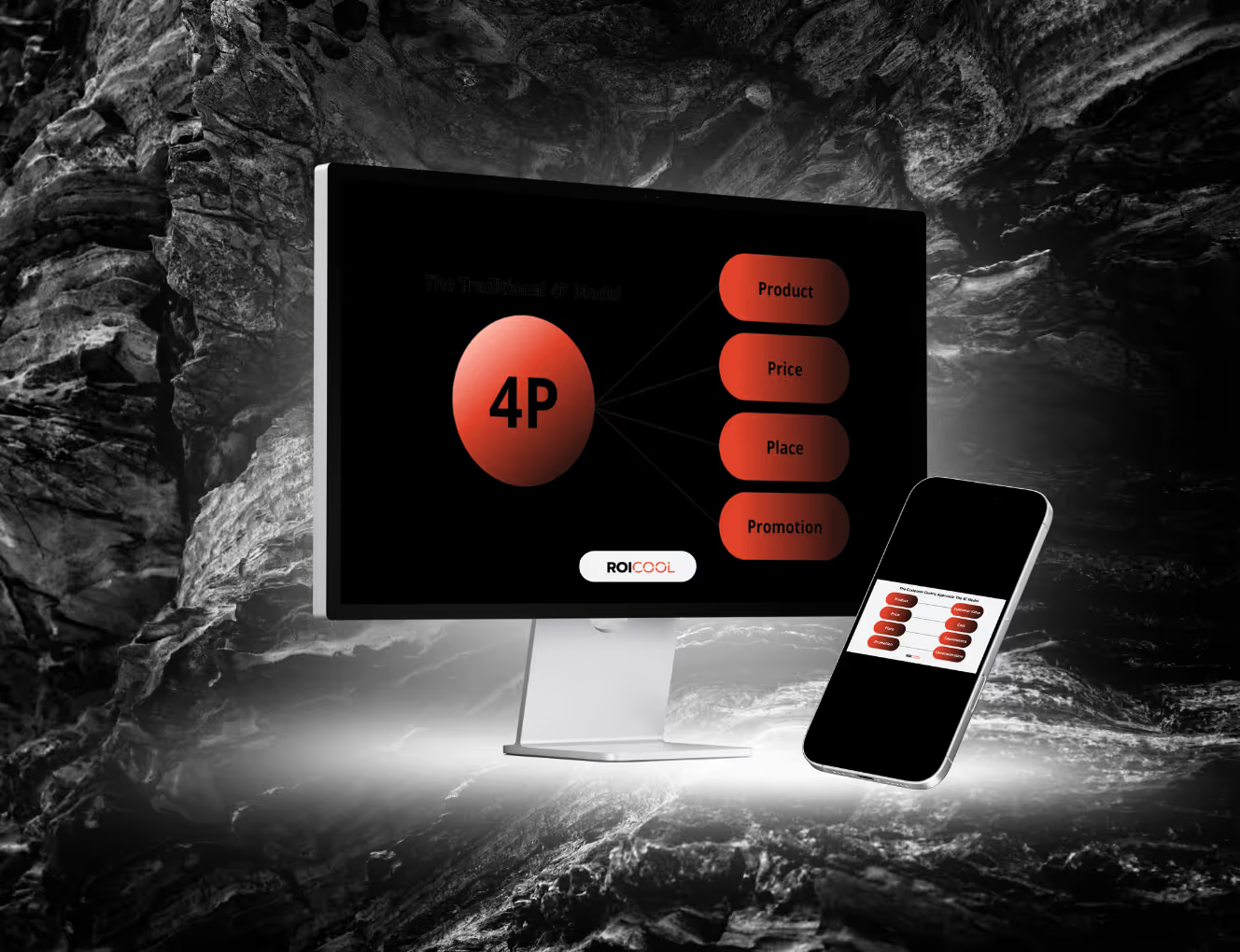What is a business's most valuable asset? Many people think of the product, the team, or the technology. Yet, there is a foundation that comes before all of that, upon which everything else is built: the brand name. It’s the first digital handshake you have with your target audience. When chosen correctly, it’s a key that opens doors. A poor choice, however, can lock up even the most brilliant ideas from the very beginning.
So, how do you navigate through hundreds of options to find that one word that reflects the soul of your business, instantly connects with your audience, and is legally yours? This guide will walk you, step-by-step, through finding the name that will become your brand's lasting legacy.
Back to Basics: What Exactly is a Brand?
Before we dive in, let's answer the most fundamental question: What is a brand? A brand is much more than just a name, logo, or slogan. It is the complete perception of a company, product, or service in the minds of the public. Everything a consumer hears, sees, reads, and experiences about you contributes to your brand.
The meaning of a brand is the significance created by this perception. That name can represent trust, quality, innovation, luxury, or affordability in the consumer's mind. Therefore, choosing a brand name is the first and most crucial seed to plant for this perception.
Types of Brand Names: Define Your Strategy
Brand names are generally classified into specific strategic categories. Knowing which type is right for you will guide your creative brainstorming process.
1. Descriptive Names
These names directly describe what the brand does or is.
- Examples: General Motors, The Home Depot, Pizza Hut.
2. Evocative Names
Instead of describing directly, these names evoke a feeling, benefit, or image that the brand promises.
- Examples: Amazon (suggesting a vast, diverse selection), Nike (the Greek goddess of victory), Patagonia (evoking adventure and the outdoors).
3. Invented Names
These are completely new words that did not exist before.
- Examples: Kodak, Rolex, Google, Xerox.
4. Acronym Names
These names are formed from the initials of a longer name.
- Examples: IBM (International Business Machines), BMW (Bayerische Motoren Werke).
.avif)
The Psychology of a Name: What Brand Names Convey Through Sound and Meaning
It’s not just the meaning of your chosen name that matters, but also its phonetic structure—the sound harmony—that creates a subconscious perception. Neuromarketing studies show that the sounds of words evoke different emotions. For instance, in the famous "Bouba/Kiki Effect" experiment, when people are asked to assign these two made-up names to a rounded shape and a spiky shape, the overwhelming majority call the round shape "Bouba" and the spiky one "Kiki."
- Rounded Sounds (O, B, L, M): Tend to create a softer, friendlier, slower, and more trustworthy perception.
- Sharp Sounds (K, T, P, Z, X): Convey a more dynamic, fast, technological, and precise image. Ever wonder why names like "Kodak" or "Xerox" sound so solid and technical? This sound harmony is the reason. As you evaluate your list of names, consider whether its sound aligns with your brand's personality.
Spark Your Creativity: 7 Techniques for Finding a Brand Name
Sometimes the best names don't come from a structured process but from a creative spark. Here are some techniques to inspire your brainstorming sessions:
- The Mash-up: Combine two relevant words. (Example: Pinterest = Pin + Interest)
- Draw from Mythology and History: Find a mythological figure or historical event that aligns with your brand's values. (Example: Nike = The Greek goddess of victory)
- Look at a Map: Use the name of a geographical region, river, or mountain that reflects the spirit of your product. (Example: Patagonia, Amazon)
- Borrow from Another Language: Look up translations of a word that describes your brand's promise in different languages. (Example: Volvo = "I roll" in Latin)
- Use an Acronym or Tweak the Spelling: Use the first letters of a longer phrase or alter the spelling of a common word. (Example: BMW, Flickr, Lyft)
- Flip Industry Jargon: Take a technical term from your industry and make it accessible and appealing to everyone.
- Try Random Word Association: Open a dictionary, pick a random word, and think about how that word could tell a story for your brand. (Like how Steve Jobs named Apple while on a fruit diet.)
The Step-by-Step Guide to Finding the Perfect Brand Name
Once you've defined your strategy and creative techniques, you can manage the process with these steps:
Step 1: Discover Your Brand's Soul: How to Brainstorm Effectively
Lay out the essence of your brand: your mission, vision, values, and target audience. What do you want them to feel? Create word maps related to these concepts. Write down everything that comes to mind—synonyms, metaphors—without judgment.
Step 2: Run Your Shortlist Through This Checklist
Select the best 5-10 names from your long list and run each one through these critical filters. How many tests can your name pass?
- Is it memorable and simple? Can people understand it when they hear it once and spell it easily?
- Is it meaningful and positive? Does it connect to your brand story without carrying negative connotations?
- Is it unique and distinctive? Does it clearly stand out from your competitors' names?
- Is it future-proof? Will it still represent your brand even if you add new products or services in the future?
- Is it digitally viable? Is the domain name and are the social media handles available?
Step 3: Check Availability: Domain and Social Media Search
In 2025, this step is as important as the name itself. Even if you find the perfect name, it's practically useless if the .com domain and the primary social media handles are already taken. You can use GoDaddy to check the availability of the domain.

Tools to Accelerate the Process: The Best Name Generators and Search Sites
Need some inspiration or a quick way to check availability? Here are some popular resources, categorized for your convenience:
- For AI-Powered & Creative Names:
- For Keyword-Based & Descriptive Names:
- Shopify Business Name Generator: A simple and effective tool that provides practical and quick ideas, especially for e-commerce ventures.
- Company-Name-Generator.com: This tool offers hundreds of options based on your keyword and instantly shows if the domain is available.
- For Domain-Focused Searches:
- Namecheap "Beast Mode": A powerful tool that lets you check the availability of your name across hundreds of extensions (.com, .co, .store, etc.) simultaneously.
Step 4: The Legal Groundwork: Trademark Search and Protection
Check if your name has been trademarked by another company. You can do this by searching the database of the relevant intellectual property office in your country, such as the USPTO (United States Patent and Trademark Office), or the WIPO (World Intellectual Property Organization) global brand database. This step is vital to avoid potential legal issues. Registering your chosen name as a trademark will legally protect your brand.
Step 5: The Final Touch: Get Feedback and Make a Decision
Present your final few candidates to people you trust and, ideally, to a small group from your target audience. Ask them what impression the name gives and what it makes them think of. This feedback will help you make the final decision.
.avif)
Common Problem: "The Name I Want is Taken! What Now?"
This is every entrepreneur's nightmare, but it's not the end of the world. Use the creative techniques from the section above, or try these quick fixes:
- Add a word: Add a descriptive word to the beginning or end of your name. (e.g., "Teal" becomes "Teal Studio")
- Combine two words: Create a memorable mash-up. (e.g., "Instagram" = Instant Camera + Telegram)
- Tweak the spelling: Modify a word to make it unique. (e.g., Flickr, Lyft)
Case Studies: How Successful Brands Chose Their Names
- Slack: A perfect example of an acronym that works as a real word. It stands for "Searchable Log of All Conversation and Knowledge," but the name itself—Slack—is short, catchy, and suggests ease and reduced effort.
- Airbnb: A brilliant descriptive name that tells the origin story of the company. It started as "Air Bed and Breakfast," literally describing the service. Over time, it became a unique and globally recognized brand name.
Conclusion: Your Name is Your Legacy
Choosing a brand name is one of the most challenging but exciting steps in founding a business. You're not just picking a word; you're writing the first sentence of the story your company will tell for years to come. Don't rush it, take your time, and think strategically. Because a well-chosen name isn't just a label—it's your most valuable legacy. Building that legacy requires a cohesive digital marketing strategy to bring your new brand name to life.










